DHAKA, July 29 (V7N)– Sharmeen S Murshid, Adviser to the Ministries of Social Welfare and Women and Children Affairs, today emphasized the critical need for focused human research on neurodevelopmental disabilities (NDDs) in Bangladesh's coastal areas. She highlighted that due to the unique geographical nature of these regions, a distinct approach to research is required compared to the plain lands.
Speaking as the chief guest at the national research unveiling program on Bangladesh Neurodevelopmental Disabilities held at a city hotel, Murshid stated that such specialized research would "provide clear insights into the actual situation, causes and required initiatives concerning neurodevelopmental disabilities among children and adults in Bangladesh."
The Adviser, however, acknowledged a current shortage of dedicated researchers for human research in the country.
Murshid pointed out that social barriers surrounding disability still persist in Bangladesh. Nevertheless, she expressed optimism, noting that "today's research demonstrates how technology, medical interventions, and social support together can help a child reach a world of possibilities."
She reiterated that, in accordance with the Constitution, National Children Policy, and the Protection of Rights of Persons with Disabilities Act, every child—whether disabled or not—is entitled to full dignity and opportunity. Murshid expressed hope that the research findings unveiled today would serve as a crucial guideline for future policymaking, school systems, therapy services, and family-based support structures.
The Adviser extended her gratitude to all researchers, physicians, organizations, and ministries involved in the research initiative, expressing optimism that this effort would bolster awareness and compassionate actions regarding neurodevelopmental disabilities in Bangladesh.
The event, chaired by Mahmud Hasan, Chief Executive of Afsan International, also featured speeches from prominent individuals including noted educationist Rasheda K. Chowdhury, Professor of Family Health at Columbia University Tanvir Hasan, Professor at BRAC University Moloy Kanti Mridha, and Trustee of Afsan International Dr. Mosaddek Ahmed Chowdhury. Researchers, physicians, development workers, journalists, and teachers from special needs schools were among the attendees.
Previous research in Bangladesh has indicated a higher prevalence of certain disabilities in coastal areas due to factors like natural disasters, limited access to healthcare, and environmental degradation, including salinity intrusion. This new emphasis on dedicated research in these regions aims to provide more targeted interventions and support for individuals with neurodevelopmental disabilities.
END/ASH/RH/



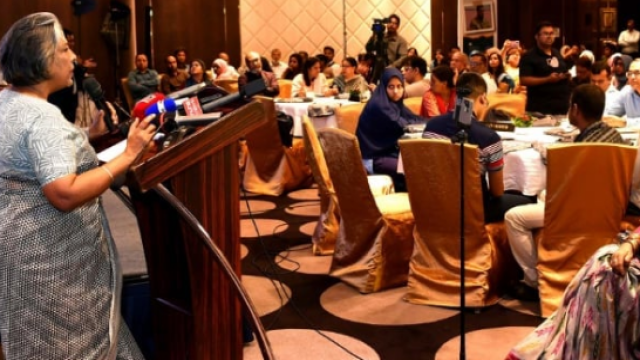


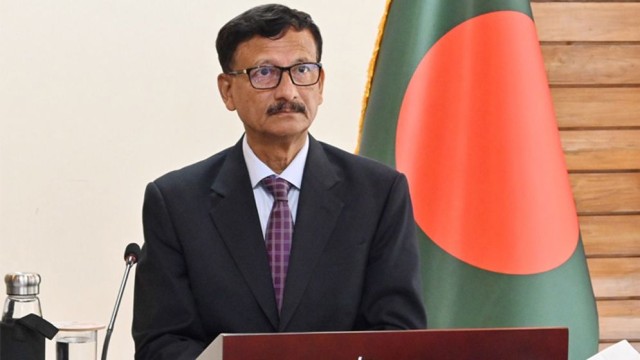
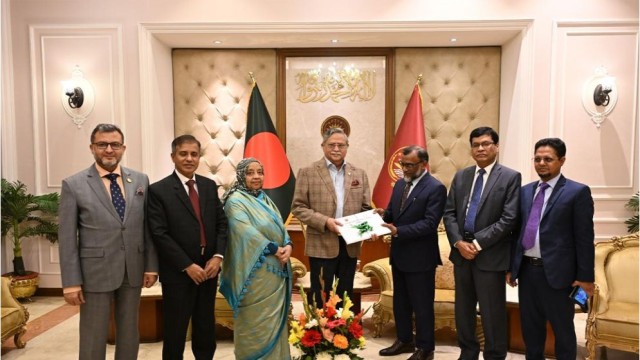



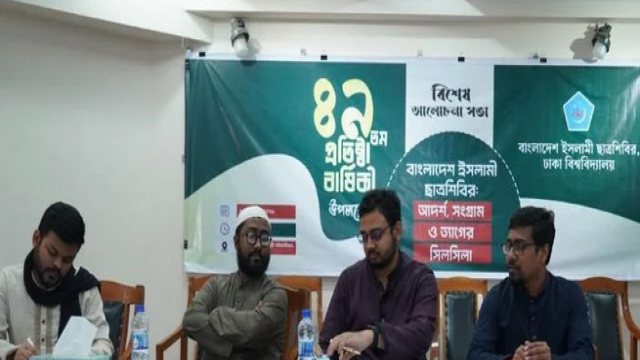


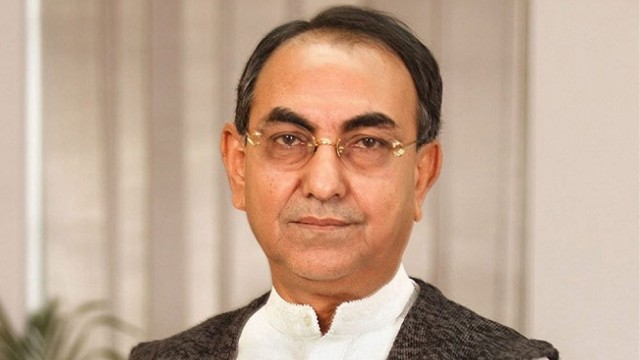















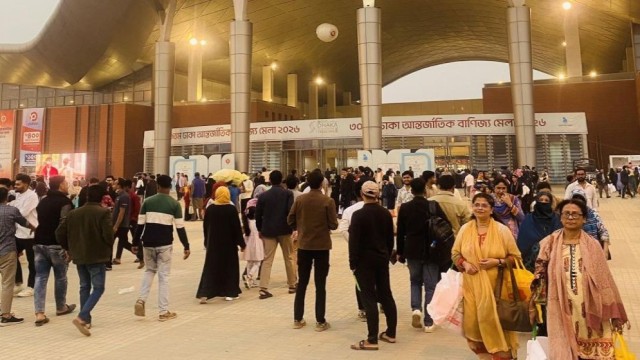
Comment: